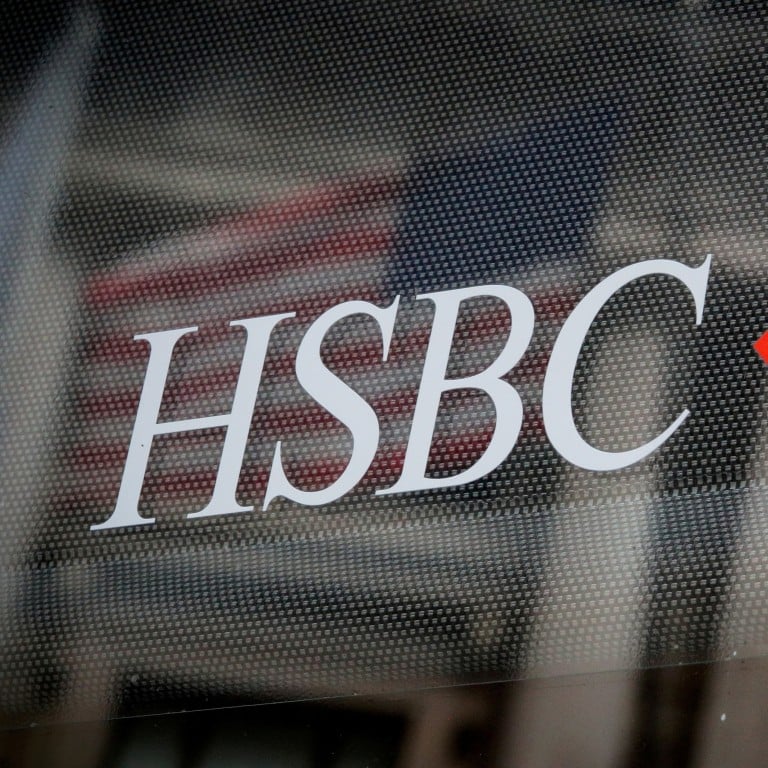
HSBC not liable for 2009 al-Qaeda suicide attack at CIA base in Afghanistan: US court
- Suicide attack at Camp Chapman in Afghanistan on December 30, 2009 left seven CIA officers and contractors, two others dead
- Two families accused HSBC of violating US laws through dealings with Iran and Saudi banks with alleged financial ties to al-Qaeda
A divided US appeals court on Tuesday said HSBC Holdings Plc was not liable to the families of two American contractors killed in an al-Qaeda suicide bombing of a CIA base in Afghanistan, after the bank allegedly evaded US sanctions targeting sponsors of terrorism.
Dane Paresi and Jeremy Wise were among nine killed when Humam Khalil al-Balawi, a doctor, blew himself up by detonating hidden explosives at Camp Chapman on December 30, 2009.
Their families accused HSBC of violating federal anti-terrorism laws through its dealings with Iran’s state-controlled Bank Melli and Bank Saderat and Saudi Arabia’s Al Rajhi Bank, each with alleged financial ties to al-Qaeda or other US-designated terrorist groups.
But in a 2-1 decision, the DC Circuit Court of Appeals said the families did not plausibly allege that HSBC aided and abetted al-Qaeda terrorism, or was “generally aware” it played a role, through its years of dealings with intermediary banks.
“A lengthy financial relationship does not terrorism assistance make,” Circuit Judge Neomi Rao wrote for the majority.
Rao also upheld the dismissal of claims against foreign-based HSBC entities, including the parent, saying the court lacked jurisdiction.
The decision followed last month’s US Federal Reserve termination of a decade-old HSBC enforcement order.
That order was imposed when the bank paid a US$1.92 billion fine to resolve a related US Department of Justice criminal probe into alleged violations of sanctions and anti-money-laundering rules.
Circuit Judge Robert Wilkins dissented from Tuesday’s decision, saying he would have allowed the aiding-and-abetting claim and found jurisdiction over the foreign defendants.
Randy Singer, a lawyer for the plaintiffs, said they plan to ask the full DC Circuit to reconsider the decision.
“As [Judge Wilkins] noted, dismissing this case frustrates the intent of Congress in passing the Anti-Terrorism Act and deprives these plaintiffs of their rightful opportunity to prove their well-pleaded allegations in court,” he said.
HSBC and its lawyers did not immediately respond to requests for comment.

